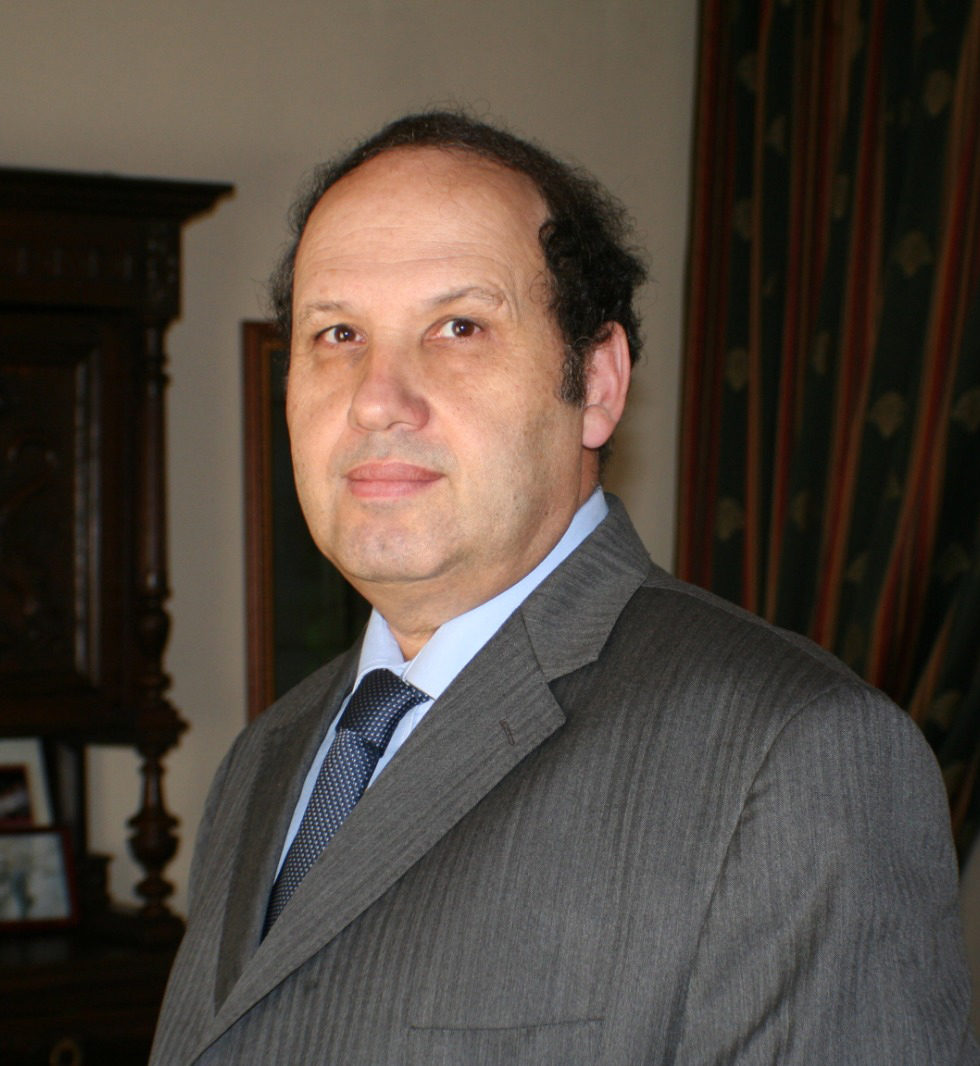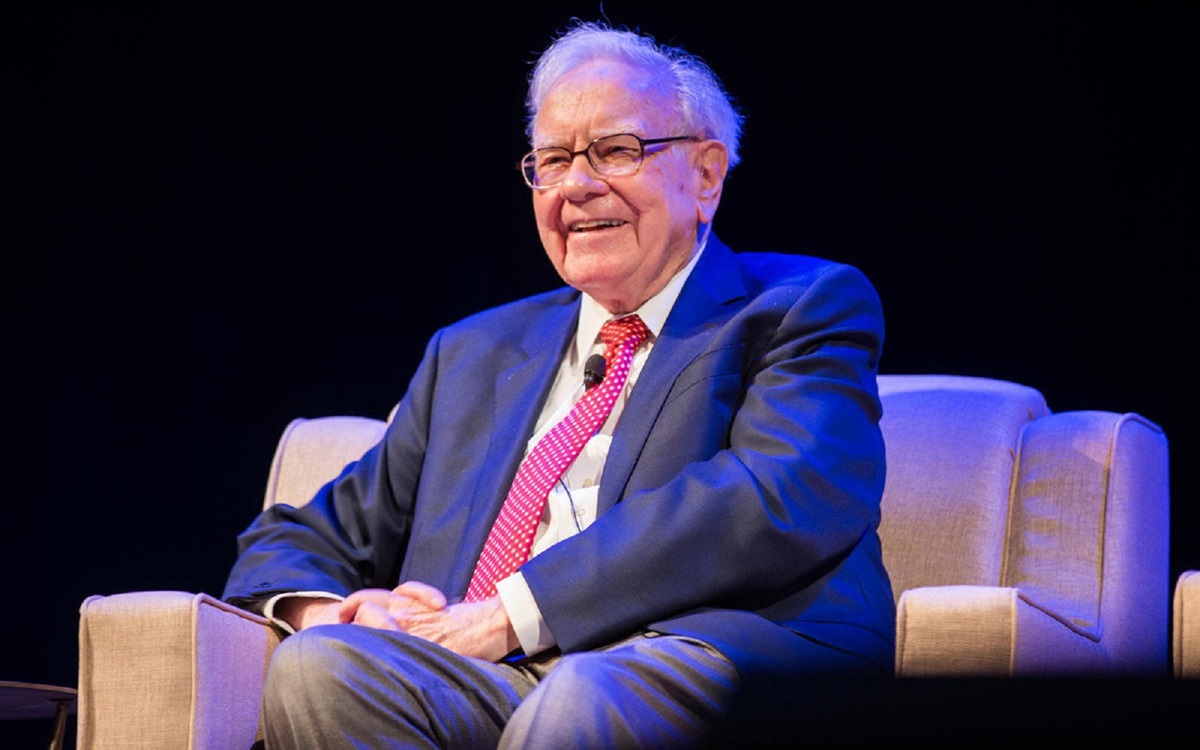The appointment of new Finance Minister Clyde Caruana has rekindled theories that as an economist, he ushers ground-breaking ideas on how to foster innovation and growth – in the financial services, aviation, manufacturing and gaming industries.
One hopes that Dr Caruana will not be hindered by bureaucracy when introducing effective innovation powered by incentive legislation to attract more investment.
Perhaps Malta Enterprise will follow to inculcate a sense of ‘yes we can’ at a time when the global economy is set to face a slowdown.
Needless to say, research and development has been so far the Cinderella in our industrial kitchen. Few would be bold enough to suggest she be given a makeover to be well dressed, attending the next ball hosted by the developed countries.
Really and truly, Malta can try to recover lost ground to become a Med hub for disruptive technology, such as blockchain, robotics and AI, forming part of the plan to host itself as a digital island.
Ideally, Government will capitalise on the advantage of our comprehensive legislative process so that once the global economy wakes up from the stupor of the pandemic, it will be a springboard for a new Renaissance.
The good news is that both political parties profess to substantially increase investment in innovation, and consequently, PKF thinks that its past efforts to attract a world-class organisation in this field do not come a moment too soon.
Alas, the dream of having an innovation and business accelerator centre of calibre will prove to be a true catalyst to enrich the existing manufacturing community and attract new talent.
This roadmap is an ambitious one, as European Governments are in competition to attract international companies and start-ups, particularly in fintech, AI and blockchain technologies.
Which brings the next topic of the necessity of redrawing our ecosystem in innovation and start-up support to compete in the digital world. Quoting from The Economist, it reports that in the twilight of the COVID-19 slowdown, there is every reason to bite the bullet and spend more on applied research and development (R&D).
This is a safe bet. The same goes for the private sector, which in view of a decline in exports, has started tightening its purse strings.
What matters to the economy are not scientific discoveries or the innovations at technology’s cutting edge, but the technology people and firms make widespread use of — not papers in peer reviewed journals or even cool lab creations, but things which pervasively improve the everyday and generate economic activity in doing so.
The Economist refers to a study carried by Kenneth Arrow in the 1960s, which shows that the private sector would not fund innovation that economies need to maximise their growth on its own. EU countries currently spend, on average, a bit over two per cent of GDP on R&D.
In 2018, though, the most recent year for which data is available, figures from 24 OECD countries showed Government spending on R&D rising by a healthy three per cent in real terms following a particularly lean period after the 2007/8 financial crisis.
Last year, the French Government promised to increase its research budget by 30 per cent over 10 years as part of a new research strategy.
PKF in Malta over the past three years had put its shoulder to the wheel by doing pioneering trips to Massachusetts Institute of Technology (MIT) in Boston, USA, to explore links on how to promote Malta as a haven for potential business accelerators and/or a Life Sciences hub for innovators, inventors and entrepreneurs.
This challenge hitherto ignored by the state now looks us straight in the face. Simply put – we need to invest money where our mouth is. This means the new administration starts by enriching our applied research and development ecosystem to reach an annual sum of two per cent of GDP.
It goes without saying that this is no mean task since in the past, we only invested 0.67 per cent annually. One may claim, when there are so many priorities in a post-COVID revival, it is difficult to give first preference to R&D – say to the tune of an extra €300 million.
It takes nerves of steel to embark on such a pioneering journey, when the hospitality, domestic demand and manufacturing sectors have been surviving mostly thanks to a Government furlough scheme together with concessions of tax deferrals.
Regardless of the challenges ahead, PKF thinks that extra Government funding will complement its continued efforts to attract a world-class organisation specialising in research.
The trophy for international success goes to the Massachusetts Institute of Technology (MIT) – a private research university in Cambridge, Massachusetts, founded in 1861. This knowledge factory was built in response to the increasing industrialisation of the United States.
The uniqueness of MIT is in its appetite for problem solving – especially those intractable technical problems whose solutions make a tangible difference. Needless to say, that with its supportive campus environment it houses an incredible number of talented students, and as part of its diversity and its intensely creative atmosphere, both the arts and science flourish in all their forms.
It is no stranger to accolades – rated as the world’s best university in chemistry, economics, linguistics, materials sciences, nanotechnology and astronomy. It goes without saying that this impressive learning institution is the pride of the American intelligentsia, and other advanced countries (such as Singapore) have regularly invested in its development to partake of its overflowing chalice of innovation and cutting-edge research. Another interesting landmark is the Boston-based Cambridge Innovation Centre (CIC).
This houses many companies in 50,000 square metres of premium office and co-working space across eight facilities, including its expansion in St Louis, Missouri, Miami, Rotterdam, Warsaw and Sydney.
A number of high-profile companies know their baptism at CIC – including HubSpot, which now employs over 1,100 people, and raised $125 million through its IPO, and Greatpoint Energy, which several years ago announced a $1.25 billion deal to build reactors in China.
Additionally, Android co-founder Rich Miner built his unique Google Android software. Rich established Google’s New England headquarters there. CIC also has a non-profit sister, the Venture Cafe Foundation (this provides a forum for venture capitalists to scout and help fund new talent).
What is so special about CIC? The answer is that as an innovation hub, it succeeded to attract world-class start-ups which proved very supportive for the US economy through the generation of premium jobs and its high value-added inventions. Malta, now shouldering the high cost of a COVID stimulus, stands at a crossroads as it pledges to go the digital route.
To achieve this, it needs to jump-start the ‘post-COVID’ economy. In conclusion, I quote a study by two MIT economists – Jonathan Gruber and Simon Johnson – suggesting research in new approaches to everything from petrochemicals and agriculture to medicine and computer strategies.
Malta deserves nothing less, and PKF augurs that Government bite the bullet and concurrently the Finance Ministry pick up the courage to attract international business accelerators to help start-ups and the private sector to innovate their activities. This will strengthen the link between scientific research and technology-in-use assisted by researchers from Government and academia working alongside those from industry.
Another takeover bid in Malta
Edward Rizzo says that one cannot exclude other takeovers taking place across the Maltese capital market in the near future
PG’s revenue approaches €200 million
Record revenue for PG plc as supermarkets and franchise operations continue to grow amid competitive pressures
The power of compounding
An investment of $100 into Berkshire Hathaway in 1965 would have grown to a current value of over €4.3 million







